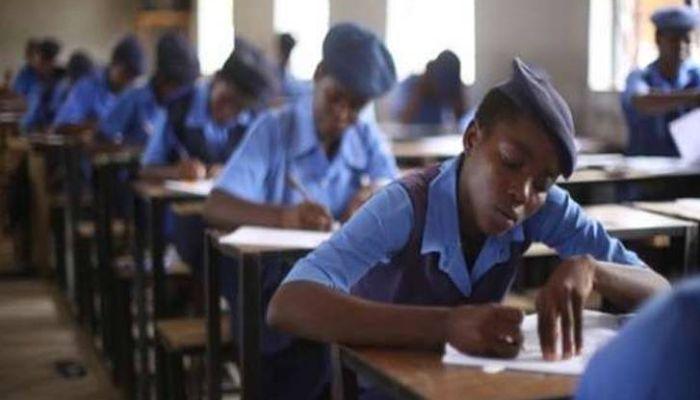A total of 70,603 candidates participated in the 2024 National Common Entrance Examinations (NCCE) across Nigeria today. Ibrahim Wushishi, the Registrar of the National Examinations Council (NECO), provided this update during a press briefing at a monitoring exercise held at the Wuse II Government Secondary School in Abuja.
Despite an increase in the number of examination centres this year to 599, up from 564 last year, the turnout of candidates was lower than the previous year’s 72,865. Wushishi attributed the decline to the prevailing economic conditions in the country.
“This could be attributed to several factors, with the economic situation being the most prevalent. We all know what is happening in the economy, and it is affecting everyone, especially the bulk of the population in rural areas. It’s the parents, and sometimes politicians or traditional rulers, who sponsor the candidates, and you can see why the economic factor was the most significant hindrance to this year’s registration,” Wushishi explained.
Senator Lawal Adamu, Chairman of the Senate Committee on Education, Basic and Secondary, called on other senators and members of the House of Representatives to provide financial support for candidates of both the NCCE and NECO exams in their constituencies.
“Not just in my community, but throughout my state, we contributed over 250 million Naira and gave it out to parents to help pay for the exams. I am calling on other senators and house members to key into this initiative because education is the foundation for every child,” Senator Adamu stated.
Additionally, Senator Adamu urged NECO to consider adopting a computer-based testing system similar to the one used by the Joint Admissions and Matriculation Board (JAMB).
Didi Walson-Jack, the Permanent Secretary of the Ministry of Education, commended NECO for their efforts in ensuring the smooth conduct of the common entrance exams. She praised the council for creating a conducive environment that enabled candidates to sit for their exams comfortably.
The National Common Entrance Examinations are a crucial gateway for primary school pupils seeking admission into federal government colleges across Nigeria. The lower turnout this year highlights the significant impact of economic challenges on education accessibility, underscoring the need for increased support and intervention from various stakeholders.

